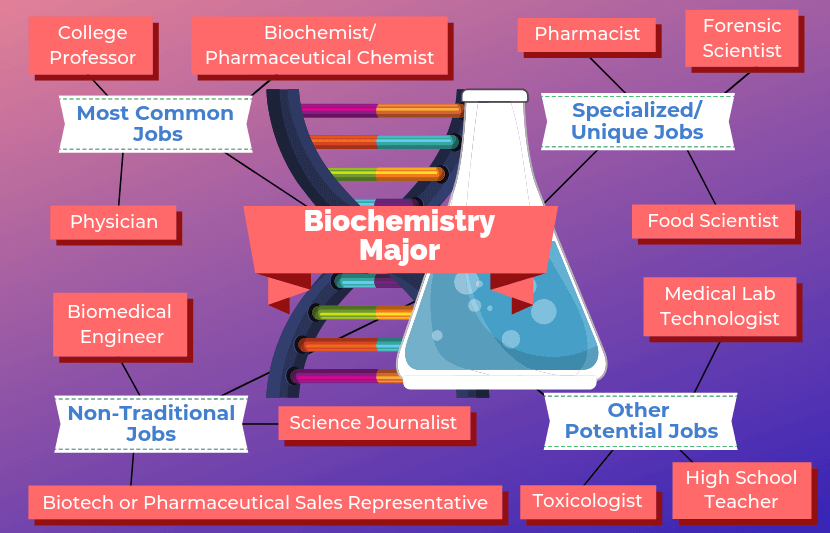Biochemistry Jobs
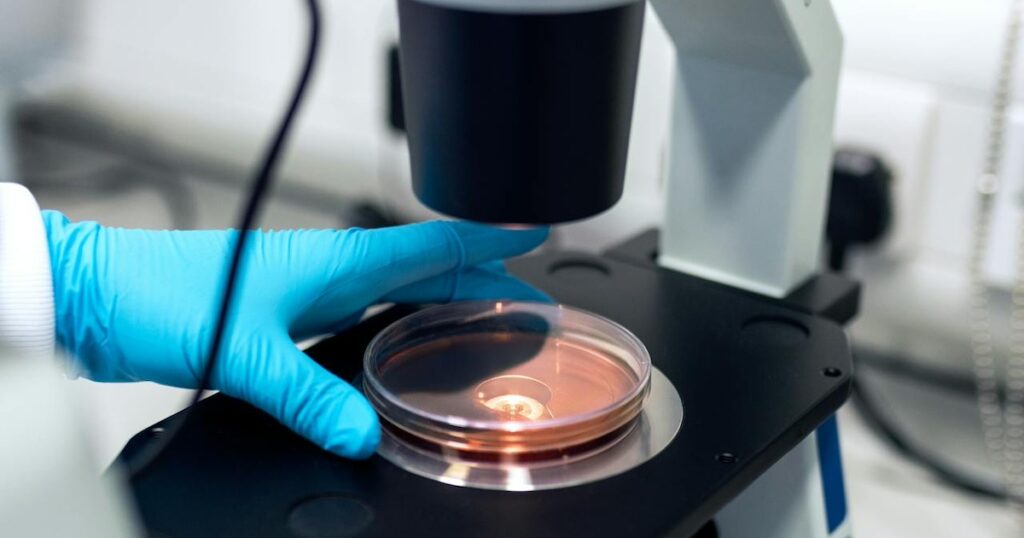
An interdisciplinary science degree in a field like biochemistry can be a great starting point for a career in the medical or research sciences. Because biochemists are well-versed in both biological science and chemistry, they are perfectly suited to jobs in a variety of fields where the two disciplines frequently overlap — fields like pharmacology, toxicology, food science, or forensic science. If a job in the sciences doesn’t necessarily interest you, fear not; there are also options available in education, journalism and sales.
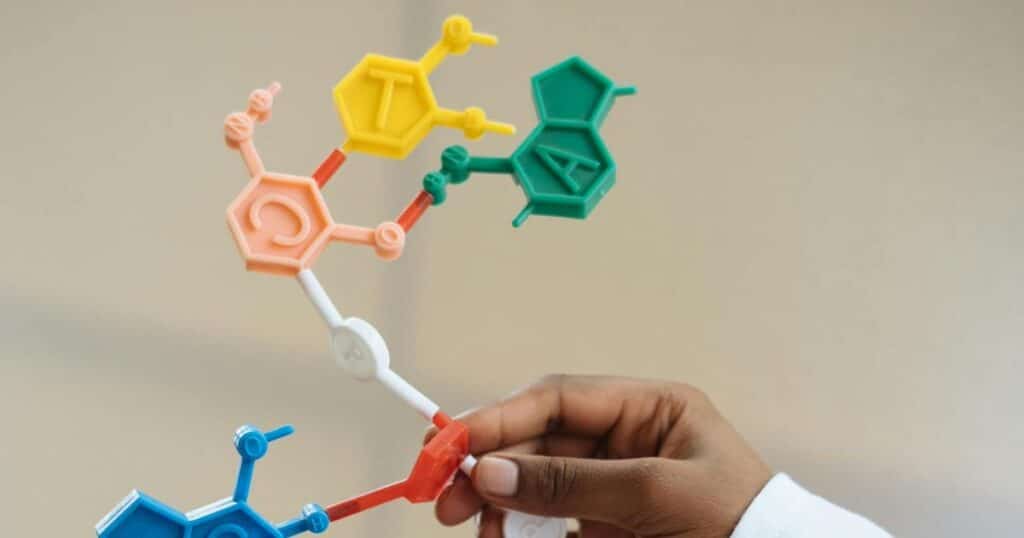
Here is a list of 12 possible jobs for biochemistry majors:
Most Common Jobs for Biochemistry Majors
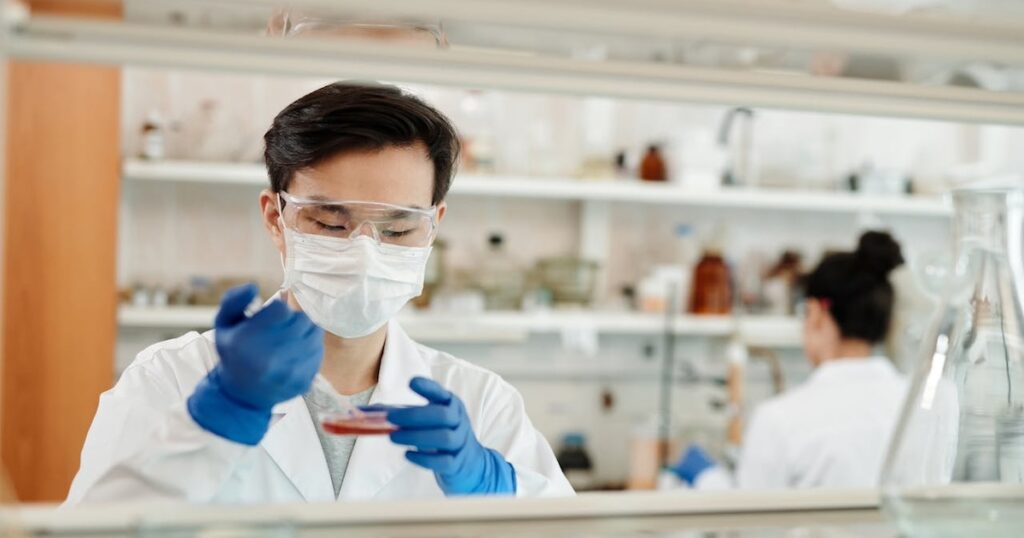
1. Biochemist/Pharmaceutical Chemist
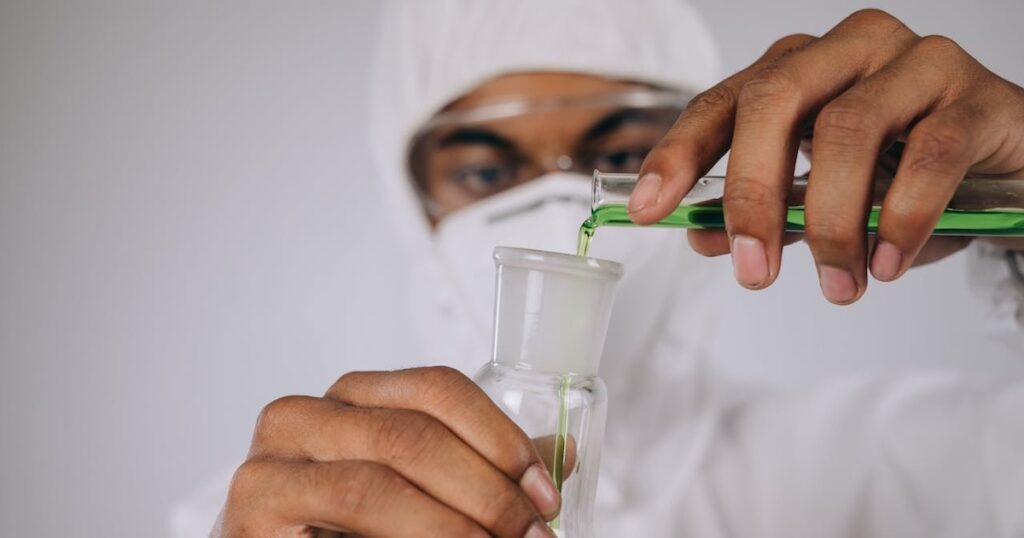
Biochemists work in the intersection of chemistry and biological sciences, researching the molecular mechanisms of biological systems. They might work, for example, researching the chemistry of cellular function in regards to cell biology, the molecular makeup of proteins, or the interaction between chemicals and certain cells, described by cell biology. Biochemists may work as basic researchers, conducting experiments in a lab setting without a particular application. They may also work as applied researchers, tackling a particular problem — diseases like cancer or HIV, for example — in their research. They are often employed by pharmaceutical companies to develop new drugs and treatments. While a bachelor’s or master’s degree may be enough to qualify for some entry-level positions as a biological technician or lab assistant, a doctorate is typically required to work independently in research and development positions (as a postdoctoral researcher, for example).
Median annual wage: $91,190
Common entry-level degree: Doctorate degree
Likelihood that robots will take your job:3%
2. Physician

A common path for biochemistry majors is to become a physician. Physicians, or medical doctors, are professionals who examine and diagnose patients, and treat injury and illness. The term “physician” refers to a wide range of medical practitioners that may include family and general doctors who treat a range of everyday conditions and illnesses, pediatricians who treat children and young adults, general internists who provide nonsurgical treatment for problems that affect internal organs, or a wide variety of specialists who have expertise and treat specific organs or conditions. Becoming a physician requires a lot of time and hard work. After you get your bachelor’s degree, you’re going to need to take the Medical College Admissions Test (MCAT), attend medical school as a full time student for 4 years and earn a medical degree, and then complete a residency program, which typically takes 3-7 years depending on your specialty.
Median annual wage: Varies according to specialty; $198,740 for family physician
Common entry-level degree: Doctor of Medicine/Doctor of Osteopathic Medicine
Likelihood that robots will take your job: 0%
3. College Professor

As with many students in the sciences, many biochemistry majors go on to become full time professors of their discipline. Being a college professor is a great option for biochemists, as you can nurture and inspire the next generation of scientists while also conducting your own research. To earn a job teaching at the post-secondary level, you will need at least a master’s degree, but you will typically need a doctorate for a full time tenure-track professorship.
Median annual wage: $77,190
Common entry-level degree: Master’s/Doctorate degree
Likelihood that robots will take your job: 3%
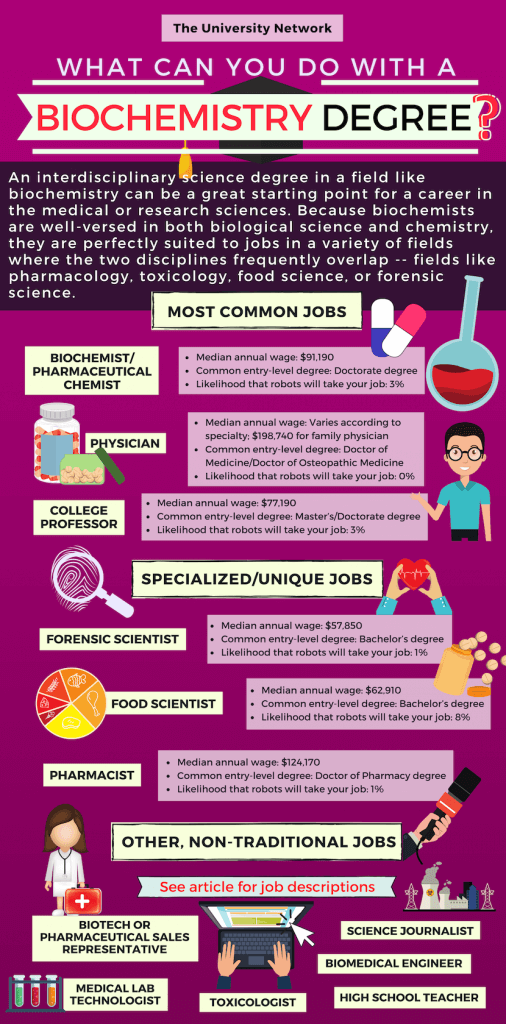
Specialized/Unique Jobs for Biochemistry Majors
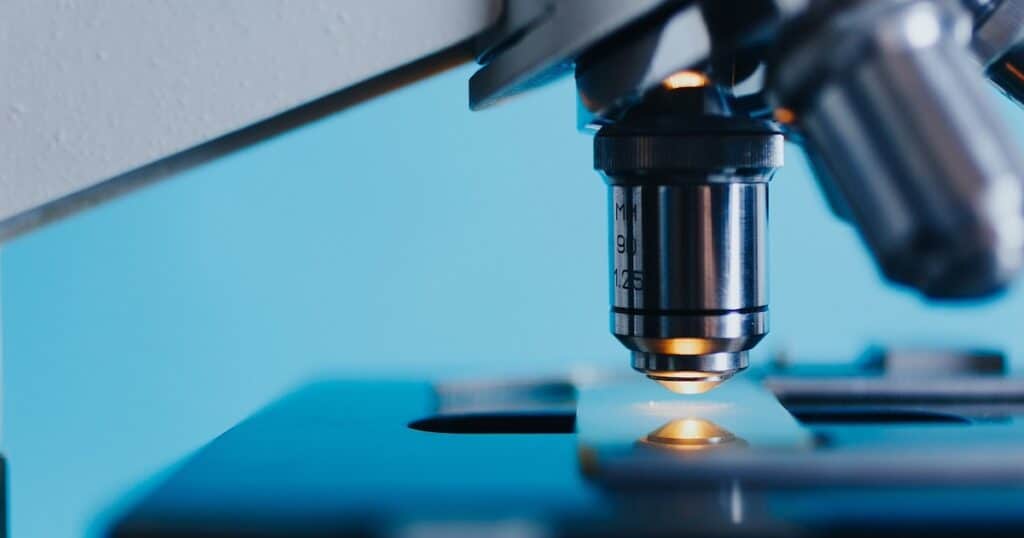
4. Forensic Scientist

Forensic scientists assist criminal investigations by collecting and analyzing physical evidence, such as blood splatters, fingerprints, DNA, tissue, or spent shell casings. This line of work may include on-site evidence collection or working in a laboratory; some forensic scientists are involved in every part of evidence collection and analysis, others might work primarily or entirely in a crime lab. Oftentimes, forensic scientists will be called into trial to testify as expert witnesses on evidence or lab techniques. A bachelor’s degree with coursework in forensic science and related areas of study like toxicology, pathology, or DNA can be enough to find entry-level employment in the field.
Median annual wage: $57,850
Common entry-level degree: Bachelor’s degree
Likelihood that robots will take your job: 1%
5. Food Scientist
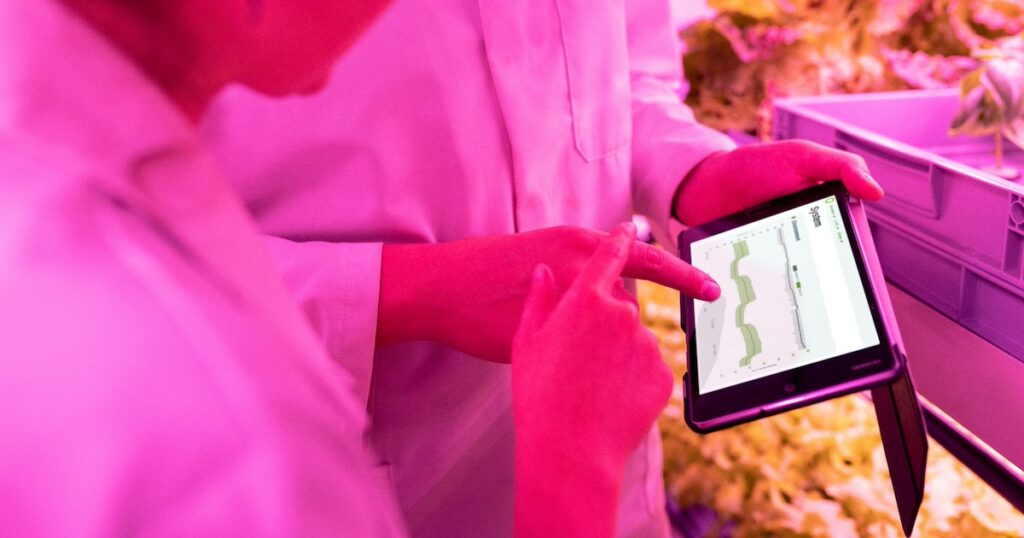
Food scientists work in agriculture, studying and developing methods to improve the productivity or sustainability of crops and livestock. Food scientists may specialize in a subfield, such as soil, plants, or livestock. They may also work as food technologists, developing new food products, packaging techniques, or methods of detecting contaminants. A bachelor’s degree in biochemistry with coursework in engineering can be enough to break into the field, though it’s not uncommon to find food scientists with graduate degrees.
Median annual wage: $62,910
Common entry-level degree: Bachelor’s degree
Likelihood that robots will take your job:1%
Non-Traditional Jobs for Biochemistry Majors
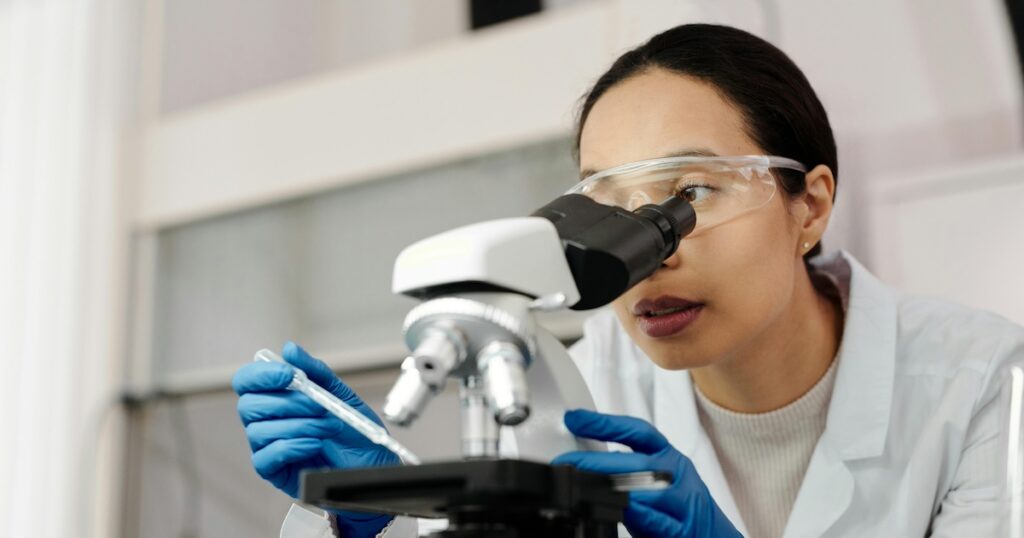
7. Biotech or Pharmaceutical Sales Representative

If you are interested in biochemistry, but you aren’t interested in pursuing a job in an explicitly scientific field, you might consider becoming a sales representative for a pharmaceutical or biotech company. Sales representatives work on behalf of a pharmaceutical or biotechnology company to sell their products, whether it be medications or medical devices, to doctors, physicians and hospitals. Becoming a sales representative only requires a bachelor’s degree, though many pursue additional education as well.
Median annual wage: $78,830
Common entry-level degree: Bachelor’s degree
Likelihood that robots will take your job:25%
8. Science Journalist

If you are interested in science but would like to write for a living, a biochemistry major can prepare you well for a career as a science journalist. Science journalists may write about all branches of science for newspapers, magazines or websites. While there is no degree requirement to become a writer, a degree in biochemistry or another field of science can give you the essential knowledge to cover your subjects accurately.
Median annual wage: $39,370
Common entry-level degree: Bachelor’s degree
Likelihood that robots will take your job:11%
9. Biomedical Engineer

Biomedical engineers design and construct new technologies to be used in medicine and health care. They may design anything from new computer systems for hospitals to replacements for internal organs or false limbs. The job requires a strong understanding of multiple scientific fields — biology, chemistry, computer science and engineering, in particular. Many biomedical engineers find employment with a bachelor’s degree in biomedical engineering or bioengineering, although advanced degrees are also common. If you are graduating with a degree in biochemistry, you will likely need to complete significant additional coursework in engineering or pursue a master’s degree in bioengineering or another type of engineering.
Median annual wage: $88,040
Common entry-level degree: Bachelor’s degree
Likelihood that robots will take your job:4%
Other Jobs for Biochemistry Majors
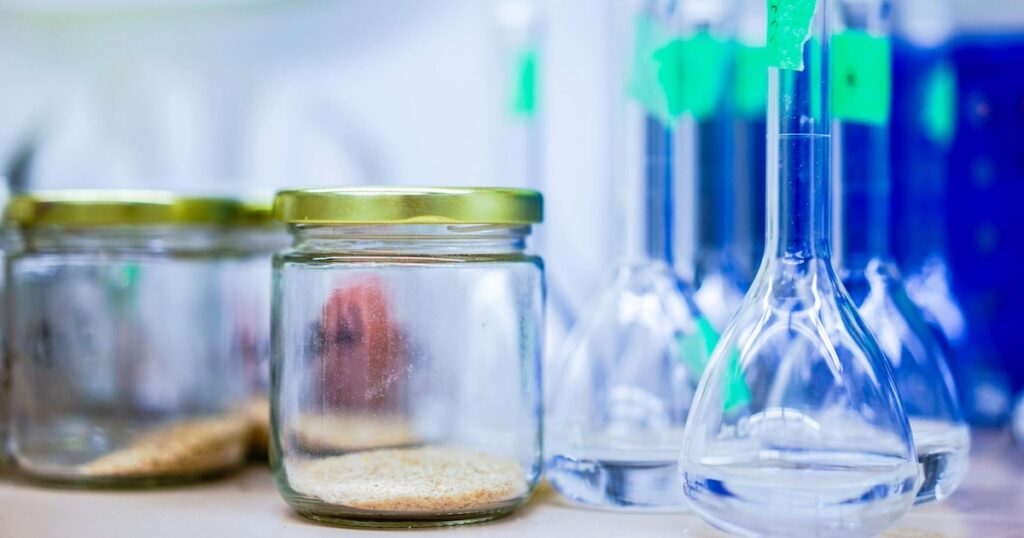
10. Medical Lab Technologist
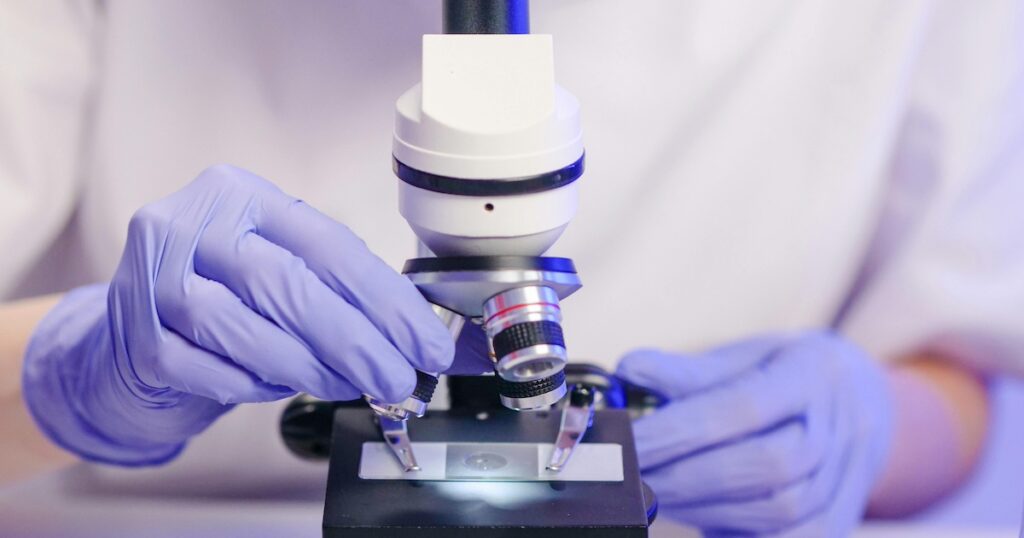
Medical lab technologists generally work analyzing samples of body fluids, tissues and other biological substances. This is a fairly broad term that covers a number of specific roles. A lab technologist may specialize in analyzing body fluids like blood and urine, analyzing the chemical contents of these samples. They may alternatively specialize in microbiology, examining and identifying bacteria, or in cytotechnology, analyzing cells and cell biology for abnormalities that might signal cancer, or laboratory medicine. A bachelor’s degree in a related field may be enough for entry-level employment, though some employers also might require the completion of a laboratory science program, which typically take no longer than 2 years to complete. Depending on the state you are living in and your specialty, you may also need to obtain licensure or certification.
Median annual wage: $51,770
Common entry-level degree: Bachelor’s degree
Likelihood that robots will take your job:47%
11. Toxicologist
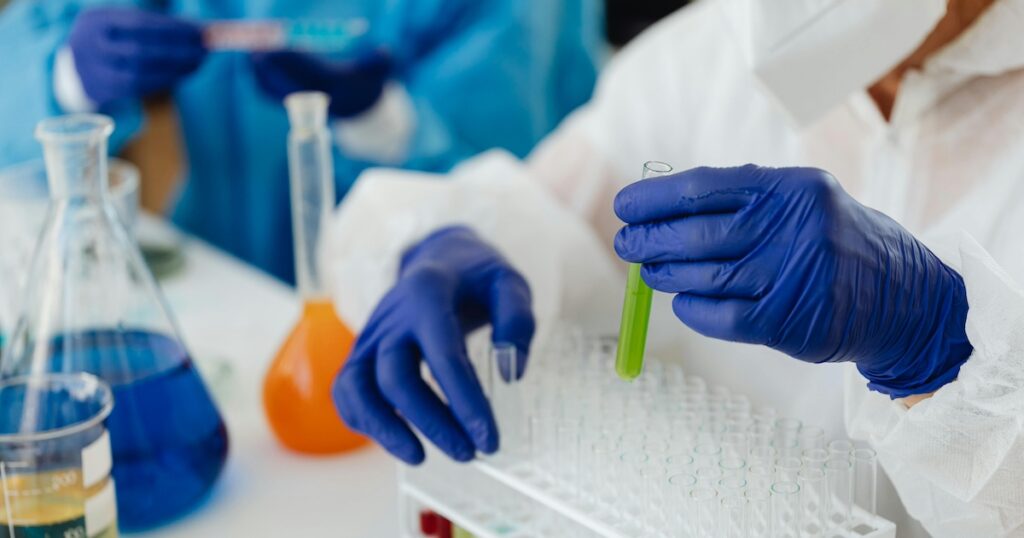
Toxicologists are experts in chemicals and toxic materials who use their expertise to research and evaluate the safety of chemical products and drugs and identify the safety of chemical products. Toxicologists are often employed by water, pharmaceutical and chemical companies to test the safety of their own products. They may also be employed by government regulatory industries like the Food and Drug Administration (FDA) or the Environmental Protection Agency (EPA). A bachelor’s degree in biochemistry will set you up for entry-level positions in the field, though advanced degrees may be beneficial for career advancement.
Median annual wage: $82,090
Common entry-level degree: Bachelor’s degree
Likelihood that robots will take your job:0.5%
12. High School Teacher
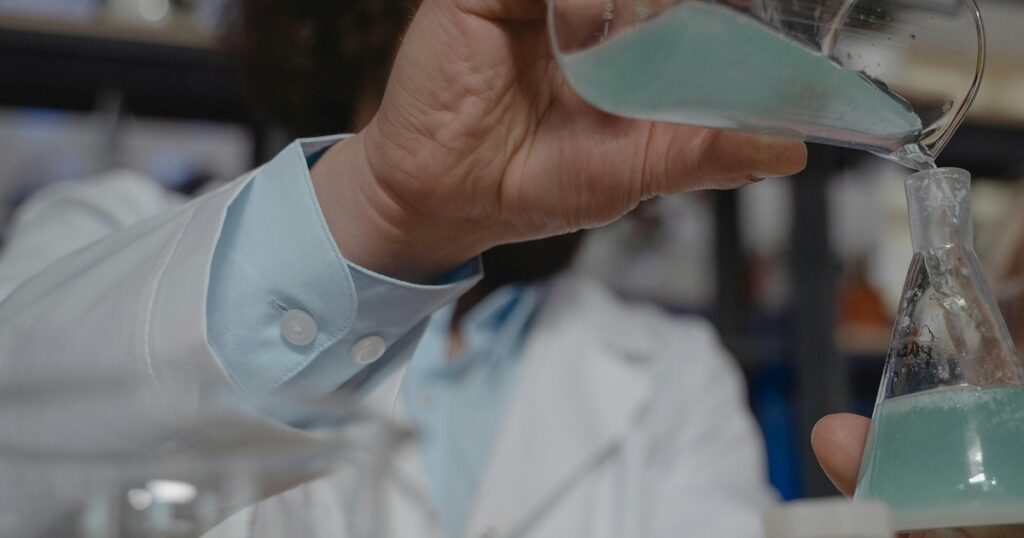
A common path for science graduates is to become a high school science teacher. As a teacher, you can communicate and hopefully pass down your love for science to the next generation. High school science teachers are often asked to teach a variety of subjects, so an interdisciplinary degree such as biochemistry can prepare you particularly well for the job. To become a secondary school teacher, you will need to graduate with a bachelor’s degree in the subject you want to teach, while completing your school’s teacher preparation program. You’ll then need to complete a teaching internship in your subject, take and pass your state’s teaching licensure tests, and get your teaching license.
Median annual wage: $59,170
Common entry-level degree: Bachelor’s degree
Likelihood that robots will take your job:1%
10 Famous People Who Studied Biochemistry

1. Christine A. Poon, business executive
2. Isaac Asimov, biochemist and science fiction writer

3. Ashton Kutcher, actor
4. Gertrude B. Elion, biochemist
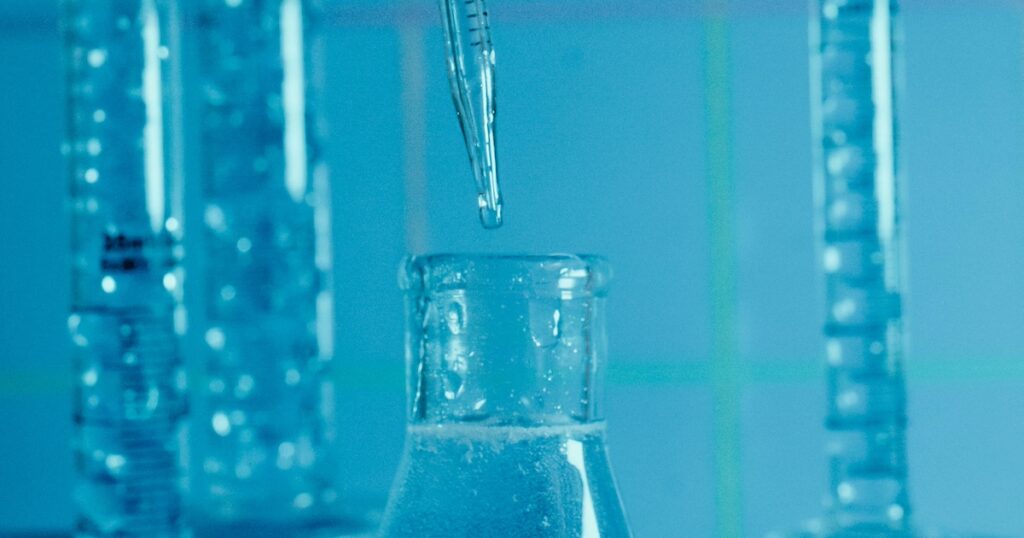
5. Craig Venter, biochemist and entrepreneur
6. Yeshayahu Leibowitz, biochemist and public intellectual

7. Louis Pasteur, chemist and microbiologist
8. Linus Pauling, biochemist and peace activist

9. Peggy Whitson, astronaut and biochemist
10. Frederick Sanger, biochemist
We hope you enjoyed this guide to biochemistry jobs! To explore options for more jobs and other majors, click here.

